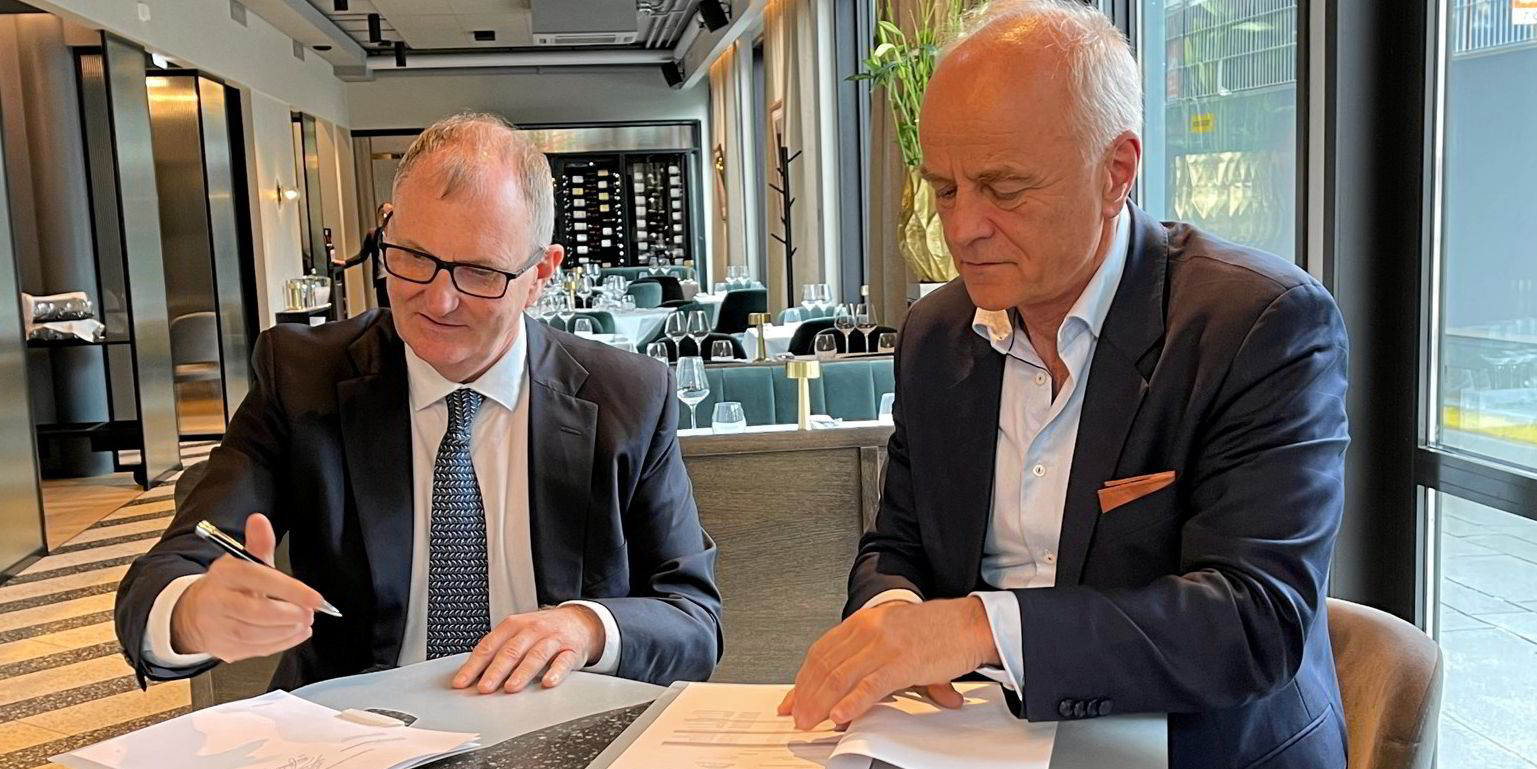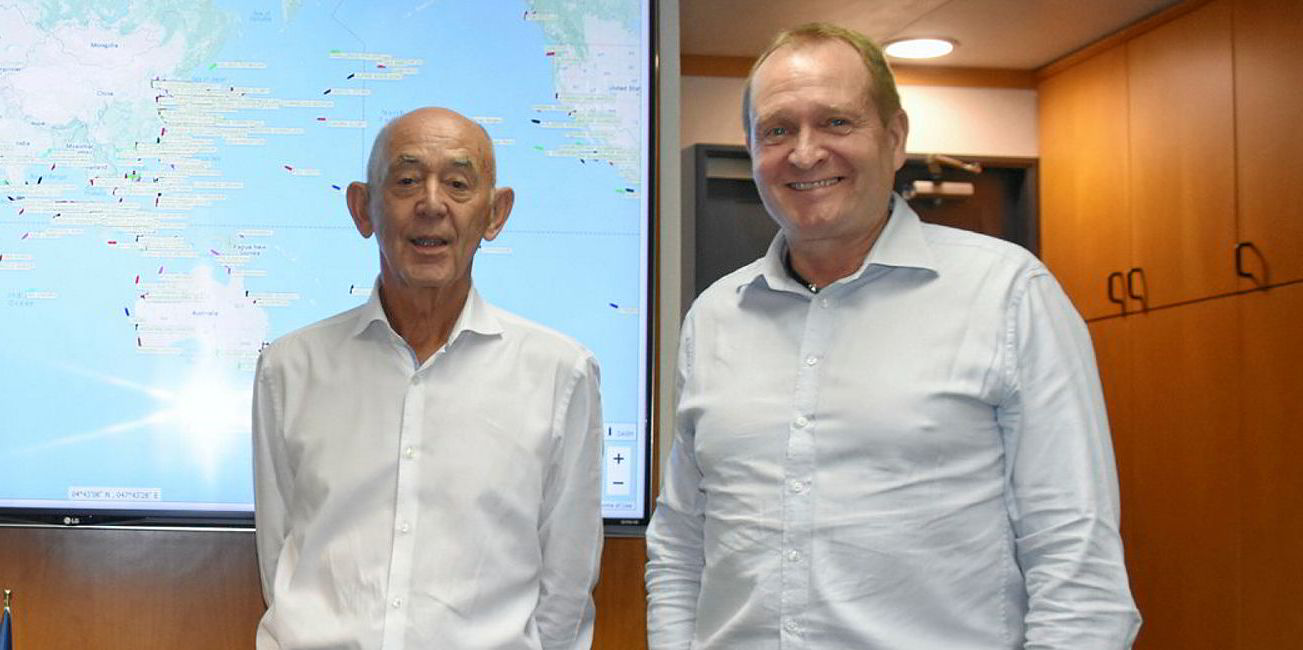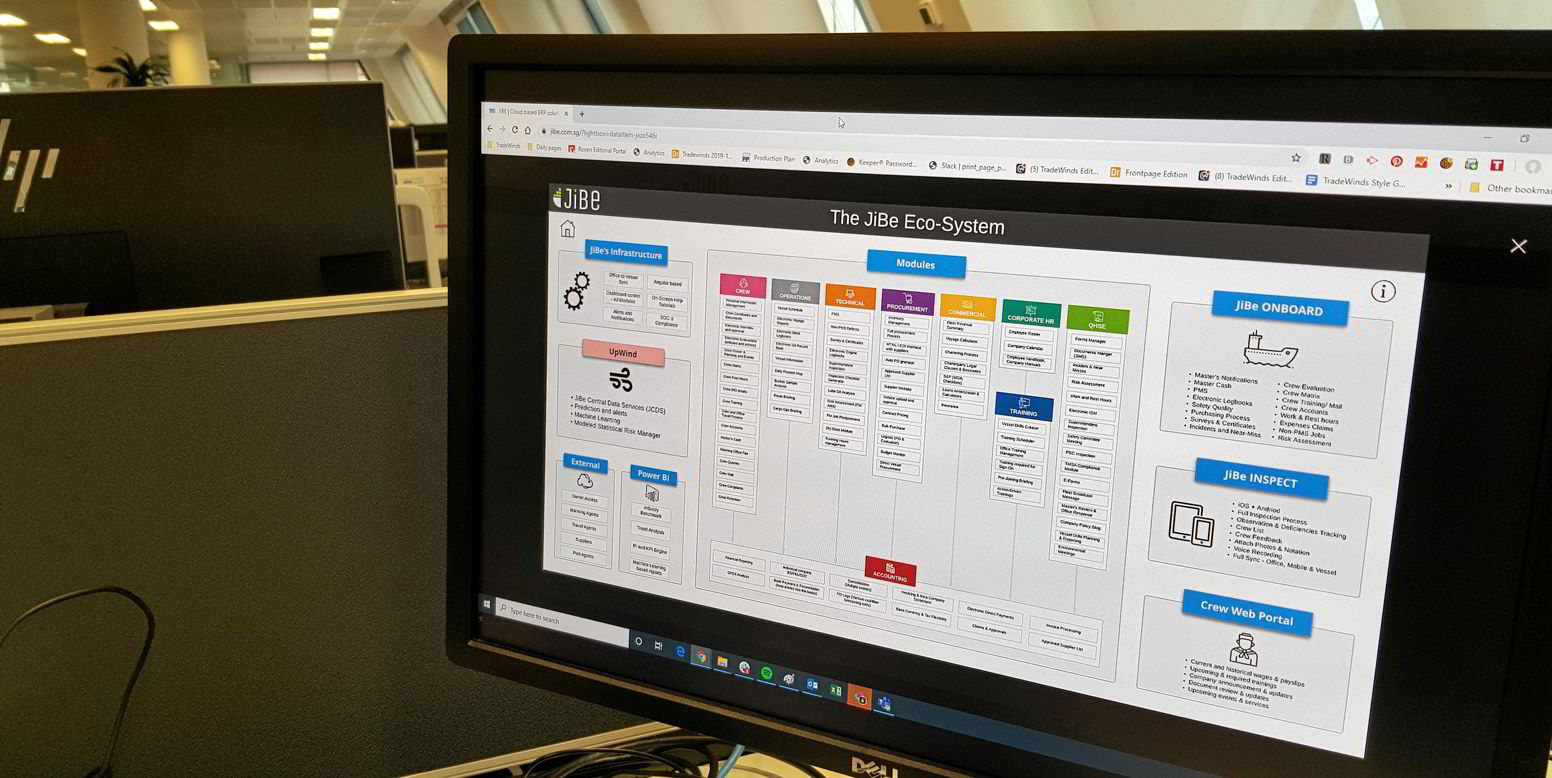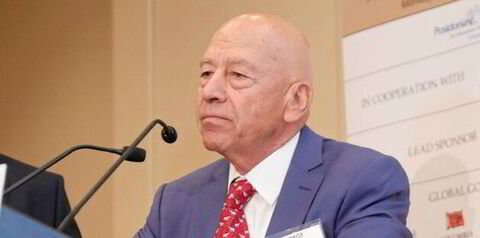Twenty years after it developed one of the first crewing software platforms, Norwegian ship manager OSM is giving in and outsourcing to an integrated fleet management, crew management and training platform provider.
Chief executive Finn Amund Norbye signed a long-term agreement with chairman Peter Ryan of London-based Ocean Technologies Group (OTG) on 6 April during Nor-Shipping.
OSM joins other technical managers that have given up on designing and running their own IT operations.
Norbye said OSM’s proprietary crewing system, eCrew, had served the company well for two decades, but it decided some time ago to turn to an off-the-shelf platform.
“With this change, OSM will be able to focus on our core, which is technical and crew management, and thereby improve our customer and vessel performance,” he said.
Norbye declined to put a cost figure on its development and maintenance of the in-house eCrew, but said when he went shopping for an integrated fleet, crew and training platform, he preferred to work with a company like his own.
“It was more comfortable for us to work with a corporate entity of some size,” he said. “Personally, I find that an important criterion.”
OTG has absorbed a series of training, crewing and ship management platforms in the two years since it was established.
Like OSM, which is now heavily funded by US-based Oaktree Capital, software supplier OTG represents a relatively recent investment in the maritime sector by private equity, in its case UK-based Oakley Capital.
Oakley and Oaktree are unrelated.
OTG’s constituent brands include the formerly independent training platforms Videotel and Seagull and V.Group’s former in-house platform Marlins, as well as Compas for crew management and TM Master for fleet management. All have come together following a 2019 investment by Oakley, a middle-market fund with a diversified portfolio but no other maritime exposure.
Although the platform is up and running, OTG officials told TradeWinds more work is to be done on integrating the crew and fleet management functions as eCrew is phased out.
Neither side is ready to share transaction numbers. But Norbye and his chief commercial officer, Tommy Olofsen, said direct cost savings from the outsourcing should be easy to measure.
More importantly, they expect efficiency gains to allow them to operate more ships with a given shore staff, and to allow ships’ captains to devote less time to clerical work and more to working with their junior officers and crews.
“The big efficiency gain is on board,” said Olofsen. Documentation and reports are produced directly from a ship’s operations, leaving captains to devote their time to working with human beings. “E-mail information flows from ship to shore and back become obsolete.”
OTG chairman Peter Ryan said his company serves 1,400 customers with 20,000 ships and had a turnover of more than $60m in 2021, although final numbers have not yet been reported.
“In forming the group, we were able to combine teams so we can work together as a single partner with our customer,” said OTG chief creative officer Raal Harris, a Videotel veteran.





